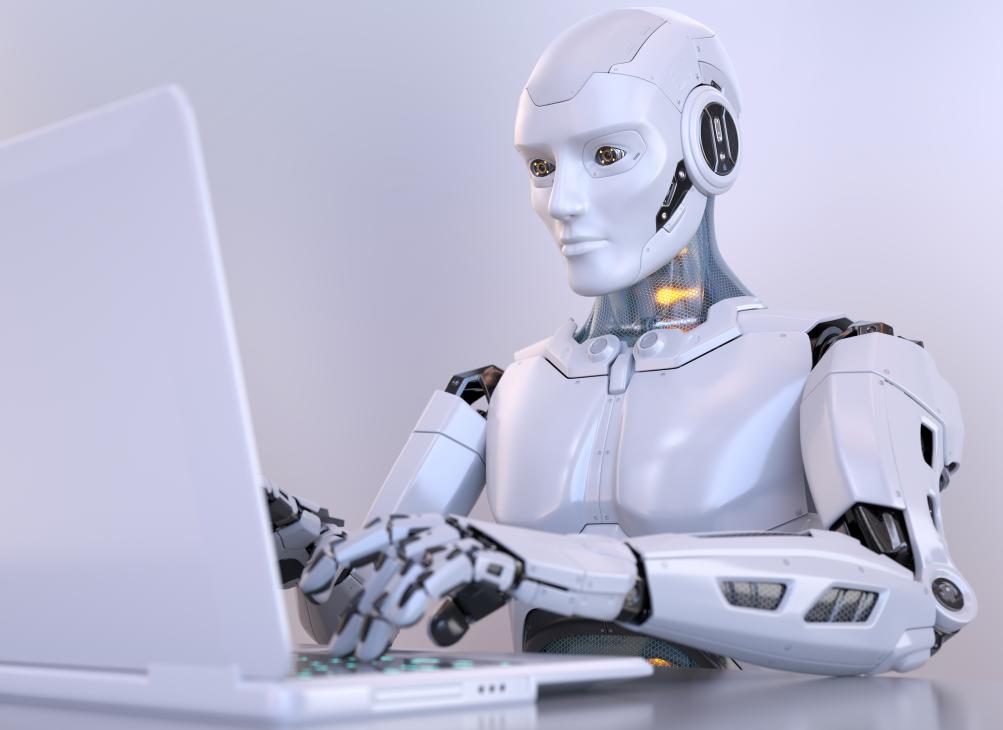
How is Artificial Intelligence Reinventing HRMS solutions?
FoxHR
The integration of Artificial Intelligence in HRMS practices will empower organizations to make better decisions. AI can make it easier to analyze, predict and diagnose issues, develop business strategies, etc., to make HR operations accurate and simple to manage.
Artificial Intelligence can be embedded in features such as employee recruiting, training, payroll, onboarding, performance analysis, retention, etc., and helps to uplift the organization’s brand image. It facilitates the user experience at various employee levels.
Collaborating AI in HRMS enhances the organization in managing the workforce and staying updated with the changes that might occur while carrying out the HRMS processes. The pivotal aspect behind incorporating artificial intelligence in HRMS is to remove obstacles that might take place during the HRMS processes and provide a possible experience for the employees.
The Role of AI Technology (Artificial Intelligence) in HRMS Solution:
1. Recruitment automation
Organizations receive a lot of job applications every day. It is the task of HR personals to look through all the applications and sort the relevant ones for the job roles. Sorting it manually can be a tiresome job for the HR departments. The introduction of Artificial Intelligence in the recruitment process can help filter the most relevant and qualified employees for the posts based on the basic filters like educational qualification, experience, willingness to relocate, etc.
This automation can help save a lot of time for HR teams and concentrate on the shortlist of candidates to conduct test rounds and interviews. As a result, AI technology can help cut costs and time on recruitments and make the process more accountable.
2. Performance analysis
Performance analysis can be done accurately with the adoption of AI in human resources. It can be used to assess individual performance in a very detailed and personalized way. Employees’ contributions can be analyzed across multiple data points with the help of AI technology, and the methods for improving their contribution to the firm can be measured effectively.
3. Reporting automation
Using reporting automation, HR teams can generate standardized reports from raw data using spreadsheets and other analytics tools. Thus, it helps HR teams save time and eliminate manual errors, leading to lesser compliance risks.
HR teams can use artificial intelligence to create highly interactive dashboards and reports that can monitor individual performance.
Thus, with the integration of AI-driven natural language generation technology, businesses can generate more effortless and time-saving reports. Employees and HR teams will get better insights to make enhancing decisions.
4. Employee development
Employee retention increases when they are provided with the opportunity to grow and develop. Artificial Intelligence can be used to identify the potential growth areas for employees and plan their training based on the employee weakness, strength, skill requirements, etc.
To minimize disruptions, AI can also assist in organizing training sessions for all employees depending on their individual work schedules. As a result, each employee will be given a customized training curriculum and schedule. Thus, HR departments may spend less time on tedious duties such as organizing training plans. They can instead focus on designing and refining current employee development programs.
To sum up
As the job market is rapidly evolving, acquiring the most talented hands will get more challenging. And the job of HR managers will get harder unless advanced technologies are being integrated into the work norm.
Incorporating Artificial Intelligence with an HRMS system is beneficial to an organization since it reduces stress and the complexity associated with the entire HRM management process. Accuracy in performance, as well as productivity, can be improved after implementing Artificial Intelligence.
Recent Post

FoxHR
Emerging Technologies and HRMS: Preparing for the future of Work
The post-COVID-19 pandemic era has brought magnanimous changes, significant disruptions, and enormous global breakthroughs, and businesses are getting utilized with the new ongoing innovative trends.

FoxHR
Powering HR for the Future with AI
Artificial Intelligence has been creeping into the modern workplace, and organizations are looking for ways to implement AI to uplift organizations and improve the employee experience. It has become the new normal in various industries across the globe.

FoxHR
Improving Workforce Management with Big Data
Integrating Big Data in workforce management can drive employee performance and enable businesses to stay ahead of the competition. Businesses that have implemented big data can have access to a large pool of employee data and business processes. These large data sets can be combined and analyzed to evaluate the ongoing developments in business performance.

FoxHR
What is Strategic Human Resource Management: HRMS and the future of Work
The future of work looks different. With the emergence of the COVID-19 pandemic, organizations have shifted to innovative, evolved, and digitized business processes.
